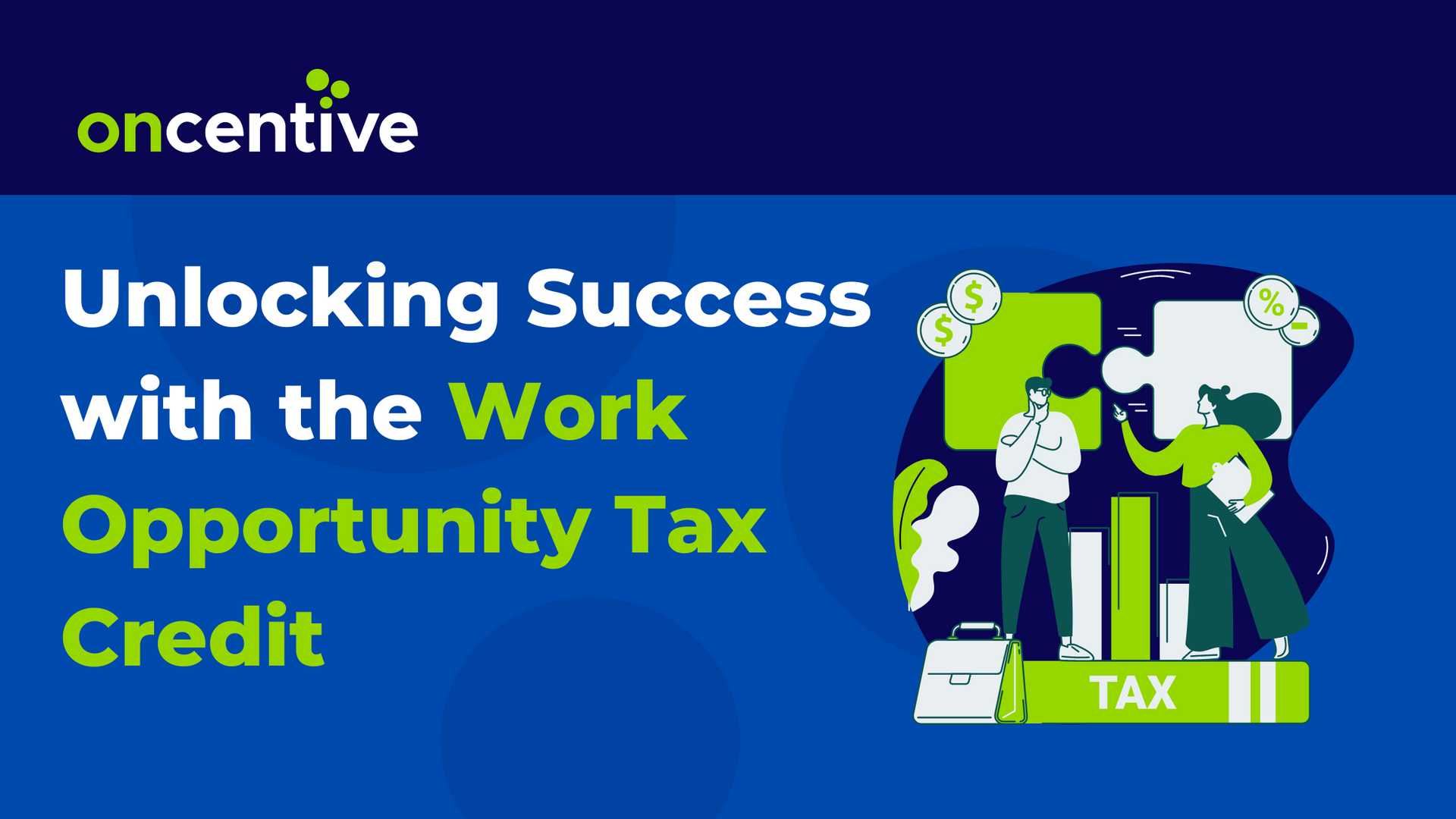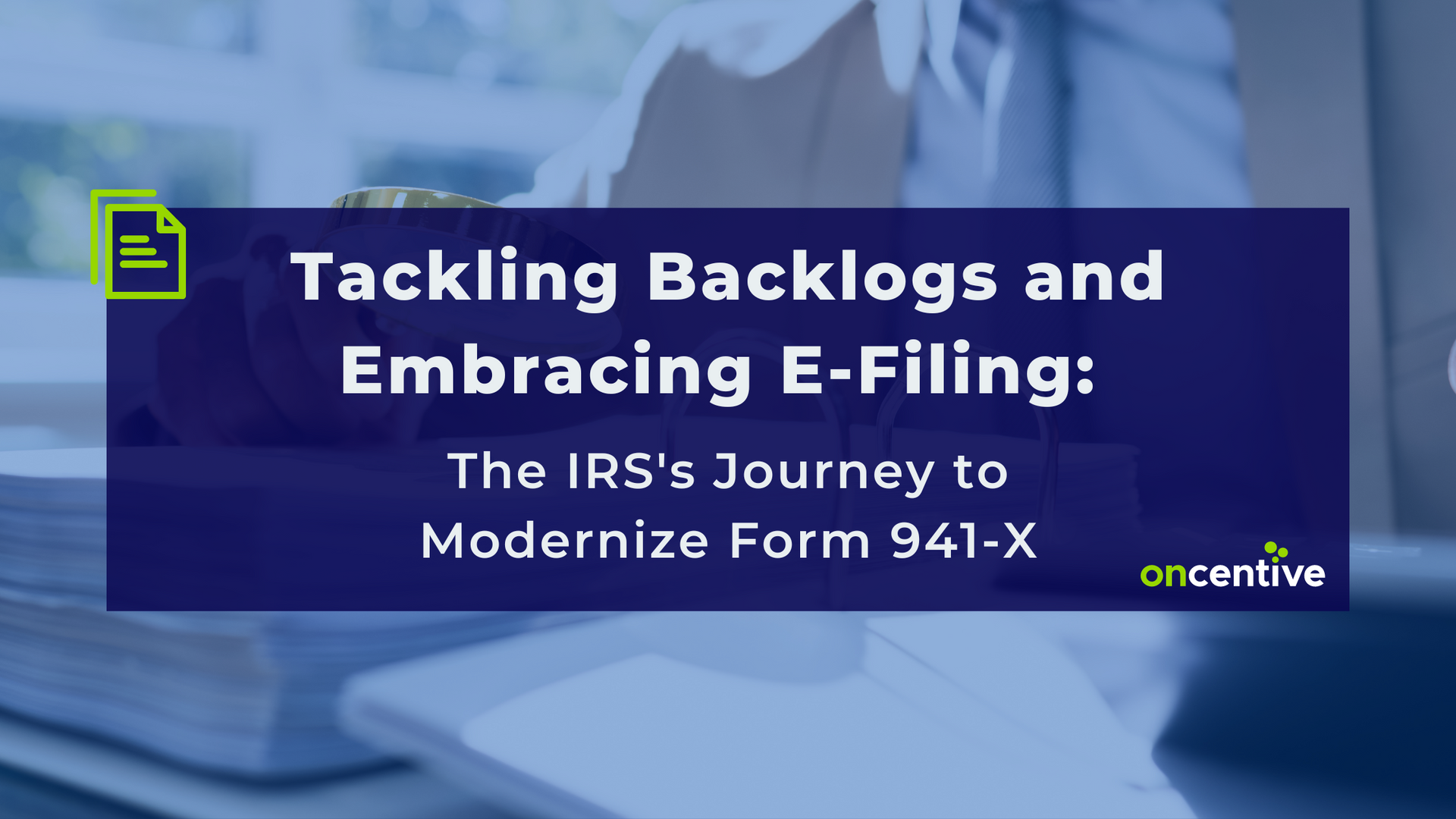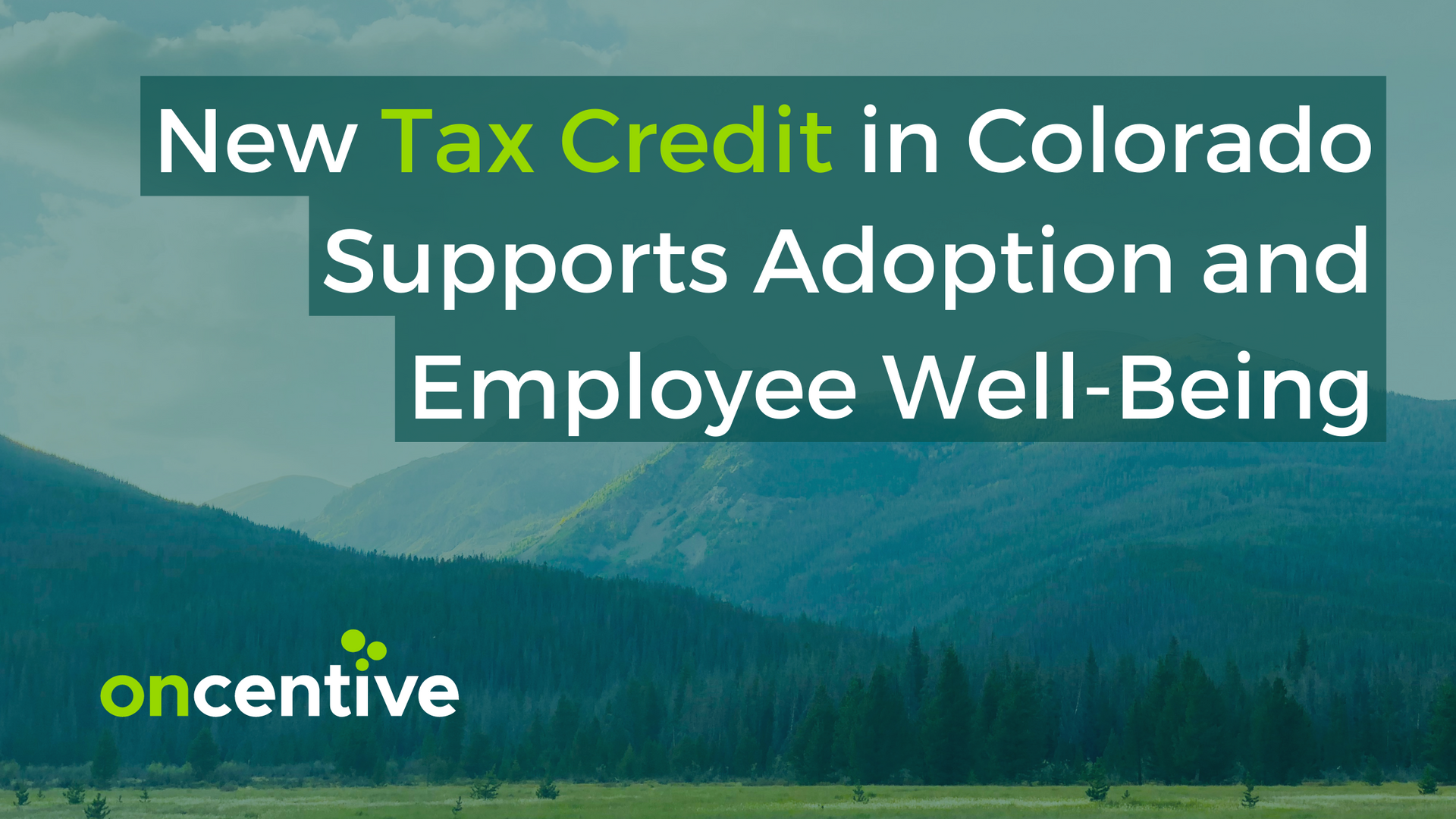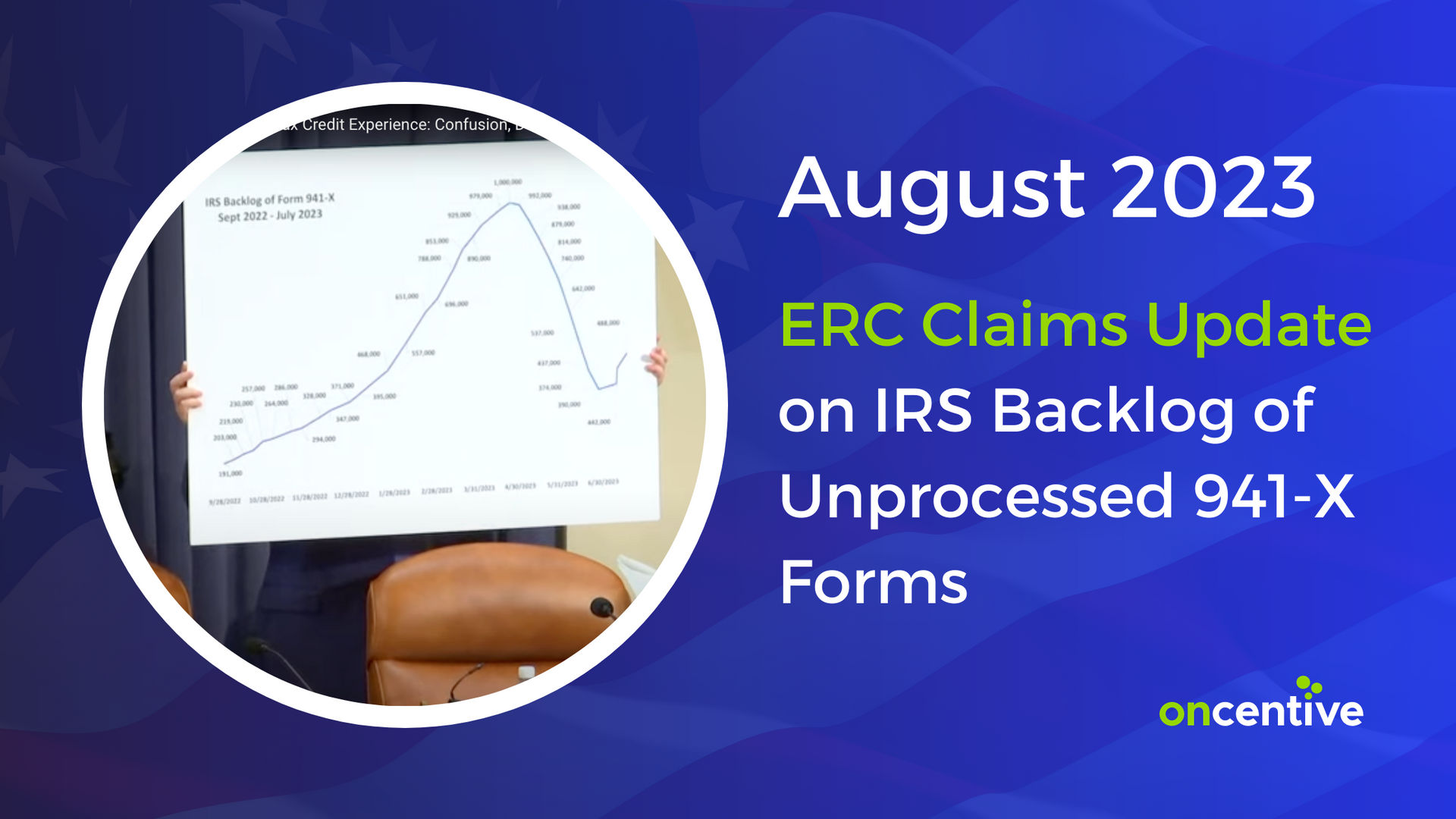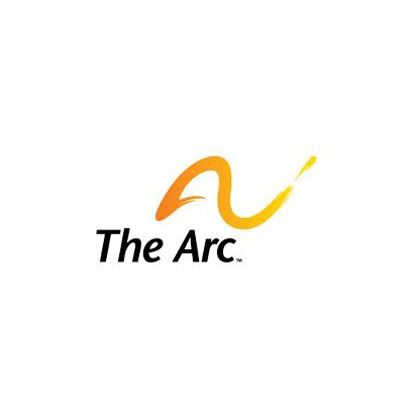Your Guide to Tax Incentives for Small Businesses

Tax incentives typically mean something good, but you have to understand what they are to get the advantage. Tax incentives are different from tax deductions and as this will explain are better than deductions. Knowing the difference between incentives and deductions will help your business take better advantage of the savings.
Learning the Difference Between Tax Incentives and Tax Deductions
Before you learn about the common tax incentives, you should understand the difference between the incentives and the deductions. An example is businesses receive tax credits when they purchase energy-efficient vehicles or use green materials in their buildings. These types of actions benefit the economy, business development, environment, or have an impact on positive business purposes. The tax incentives for these are offered over a specific time period.
These incentives offer superior savings in tax terms over the tax deductions. The tax incentive gets deducted from your income before your gross income is calculated. Tax deductions are given in the next step of the tax process and reduce your net taxable income.
Understanding the difference between the tax incentive and tax deductions is the first step to taking advantage of these tax laws to benefit your business. These are some of the incentives you may qualify for or be able to take advantage of.
COVID-19 Tax Incentives
During the COVID-19 pandemic, additional tax incentives were created to help businesses through this economic crisis. The ERC or Employee Retention Credit was offered to businesses as an incentive to keep their employees on the payroll. The family and sick leave credits were available to help companies with the cost for those who had to use them.
As a business, you are able to take these credits by deferring your employer payments for Social Security taxes normally withheld from employees on Form 941. These are some of those COVID-19 tax incentives created to help businesses financially.
ERC- Employee Retention Tax Credit
The 2020 CARES Act, resulting from the COVID-19 pandemic was created by the IRS as an incentive for employers to keep their employees on the payroll and not put them on unemployment benefits. The ERC is a fully refundable tax credit per qualified employee up to $5,000. This incentive was applied to wages paid after March 12th, 2020.
In January 2021, the amount of the incentive increased to seventy percent of qualified wages and included the cost of health benefits. The cap on this incentive is set at $7,000 per employee for a quarter. The ARPA (American Rescue Plan Act) has extended this incentive through December 2021.
If your business received a PPP (Paycheck Protection Program) loan, you can still qualify for this incentive, however, not for wages paid through forgiven PPP proceeds. Your group health plan expenses can also be considered qualified wages in certain circumstances.
Tax Incentives for Sick and Family Leave
The FFCRA (2020 Families First Coronavirus Response Act) provides tax incentives to employers that make it possible for employees to receive sick and family leave. The incentives are available to mid-size or small employers with less than 500 employees who have given paid sick time to their employees who've stayed home for a family member's or their own health needs.
As an employer, if you paid these sick or family leave expenses, you can receive tax incentives for part of the cost you've provided to employees. These tax incentives are received by deferring your part of Social Security benefits on your employee's wages.
The Work Opportunity Tax Credit, or WOTC, is an ongoing federal income tax credit that was put in place to encourage employers to hire from certain targeted demographic groups, including:
- SNAP
- TANF
- SSI recipients
- Ex-felons
- Vocational rehabilitation referrals
- Individuals with a residence in several high-poverty
- Low-income areas across the country
- 5 separate groups of military veterans.
This tax credit only requires the applicant to complete two short forms to determine their eligibility, and we take it from there! The WOTC program is federal but administered by each state’s workforce agency (SWA) which makes the final determination to certify or deny the tax credit.
Important: This tax credit only requires the applicant to complete two short forms to determine their eligibility, and we take it from there! The WOTC program is federal but administered by each state’s workforce agency (SWA) which makes the final determination to certify or deny the tax credit.
The WOTC program not only creates a positive impact on the nation's unemployment levels, but also affords business owners the incredible opportunity to earn between $2,400 and $9,600 for each eligible new hire. Every year, employers claim over one billion dollars in tax credits under the WOTC program!
Health Care Tax Incentives for Small Businesses
Obamacare or the Affordable Care Act includes a health insurance tax credit for small businesses. This incentive was a means to encourage employers to offer health insurance for the first time or to maintain coverages already in place. If the plan your business has met the qualifications, you could receive up to fifty percent of the health insurance premiums paid to your employees, but not to you as the owner of the business.
Where to Learn About Other Tax Incentives Available to Small Businesses
OnCentive is committed to making sure your business uses all tax incentives available to help your business thrive. With over twenty years of experience in the industry, we deliver technologies that will enable tax incentives to be applied to your business to maximize your benefits and increase your revenue.
Let us help make your business more prosperous by utilizing all tax incentives available.
Chris Wright
Chief Innovations Officer
Have Questions or Need More Information?
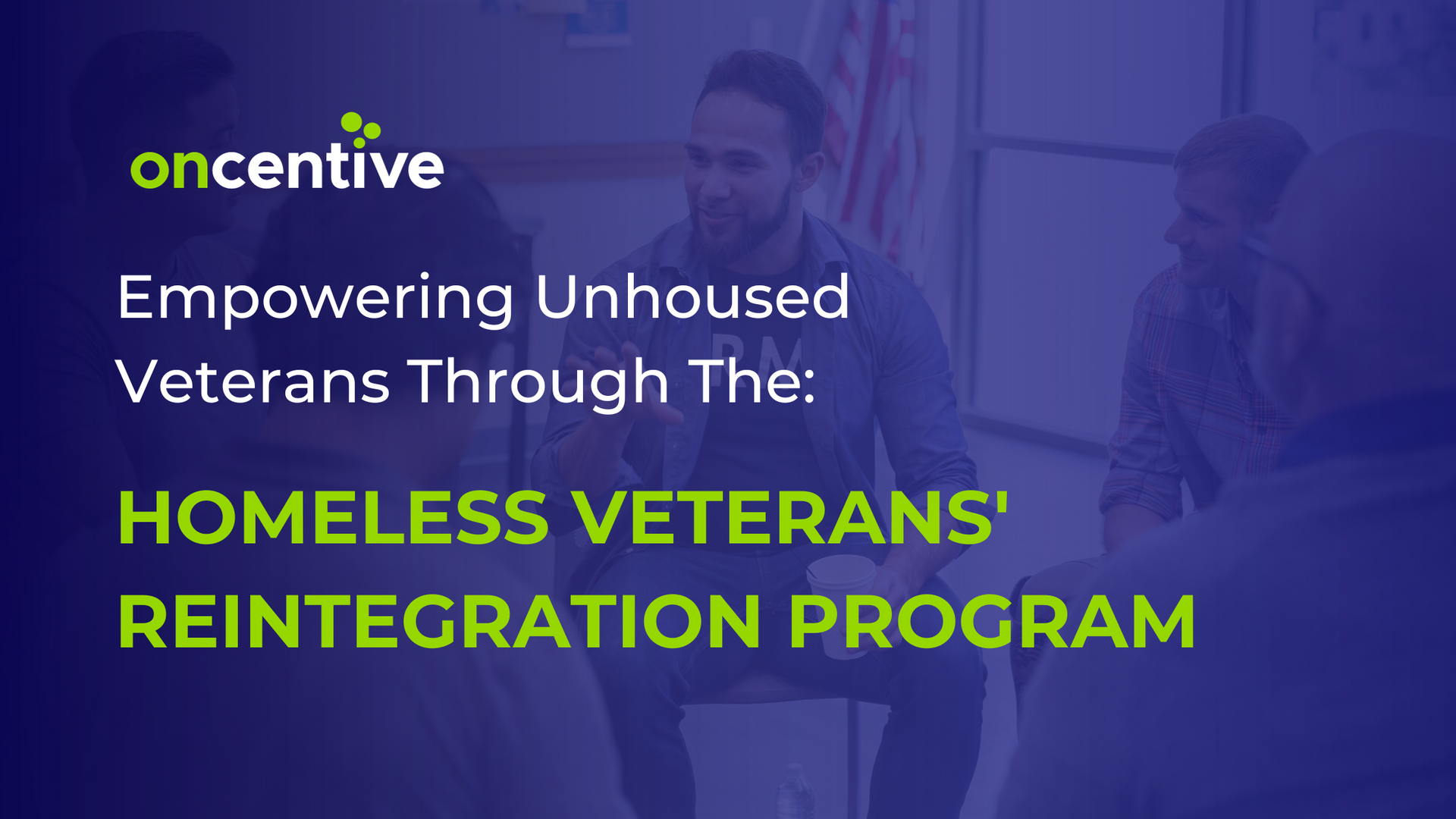
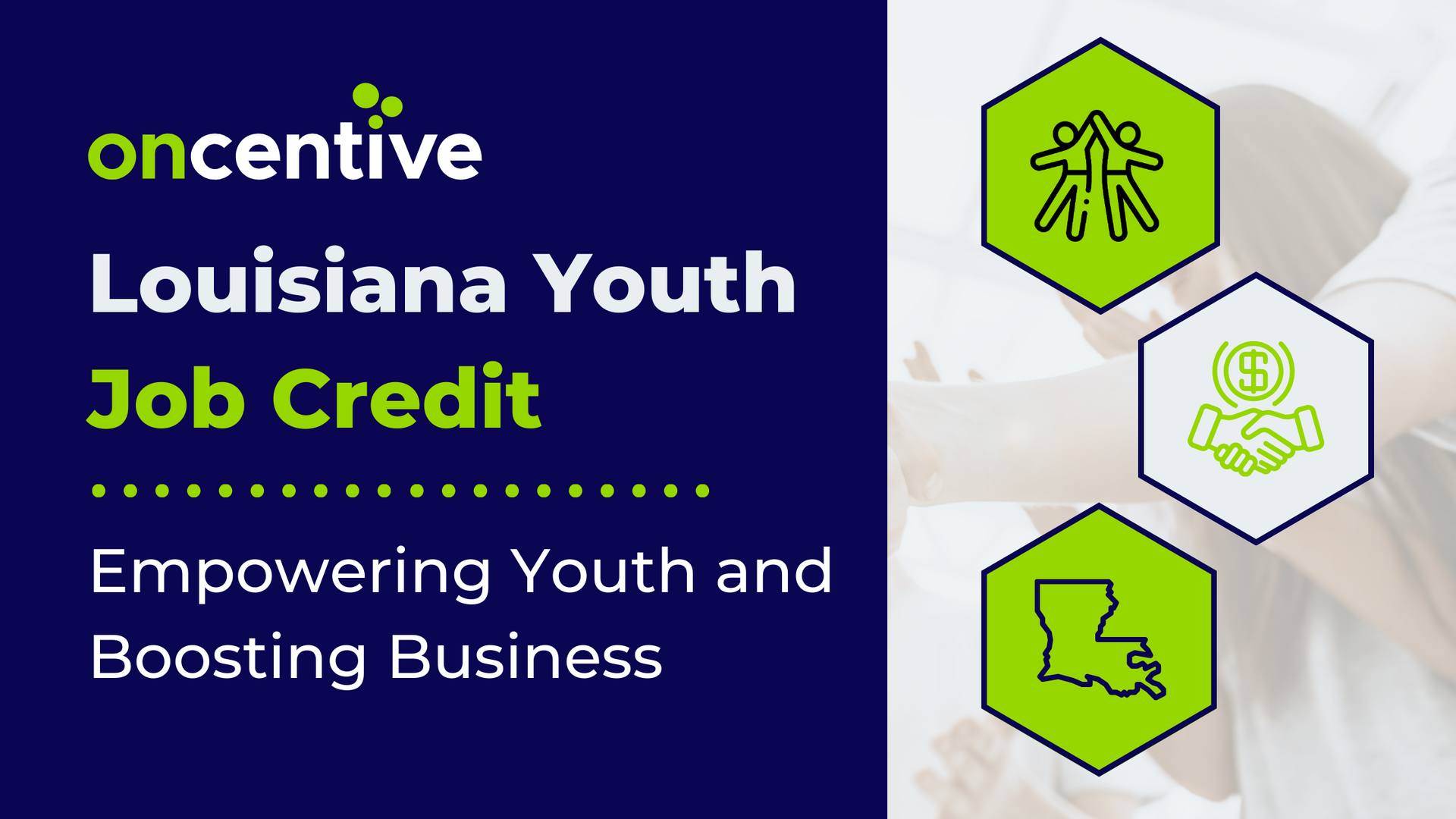
 <script type=" text=""/>
<script type=" text=""/>






